Yanenowi Logan speaks to Reclaim Earth Day
Yanenowi (She Guards the Corn) Logan is a Seneca youth leader and senior in Environment and Sustainability at Cornell University. Her leadership for climate justice extends from Cornell, to the Youth Commission with the National Congress of American Indians, the Haudenosaunee Environmental Task Force, and even the United Nations. She spoke these words for Reclaim Earth Day on the Ithaca Commons April 22, 2024. They are reprinted here with her permission and with our gratitude, to be taken up in right action.
Nyaweh Sgeno-
Today, on this sacred Earth Day, I stand before you not only as a young Indigenous woman but as a voice for Mother Earth herself.
As was mentioned, I am just returning from the UN Permanent Forum on Indigenous Issues. This opportunity brought me so many amazing connections, stories, and ideas for my role in uplifting Indigenous youth voices and I wanted to share a note from the youth commissions climate change intervention on the implementation of the United Nations Declaration on the Rights of Indigenous Peoples:
“Indigenous youth leaders are at the forefront of demanding meaningful climate solutions as we face alarming threats to our traditional knowledge, language, and other cultural practices that are integral to our Indigenous identity, cosmovisions, and life ways.”
Through this intervention we advocated for the adherence to free, prior, and informed consent of Indigenous peoples, the protection of Indigenous peoples from displacement, dispossession, and violence in “green economy” projects, and addressing noneconomic losses caused by climate change such as the destruction of sacred sites.
We must decolonize our minds and our actions. For too long, Indigenous voices have been silenced, their wisdom ignored. Yet, Indigenous communities have lived in direct relation with the land for centuries, understanding the delicate balance of nature and interconnectedness. It is time for us to lead with the insights of Indigenous peoples, to learn from their traditional knowledge, and to honor their deep connection to the Earth.
One of the most pressing issues facing our planet today is the climate crisis. We must divest from fossil fuels and transition to renewable energy sources if we are to have any hope of mitigating the devastating effects of climate change. The extraction and burning of fossil fuels not only destroy our environment but also perpetuate systems of oppression and exploitation, disproportionately harming Indigenous and frontline communities around the world.
I couldn’t speak today without addressing the ongoing genocide in Gaza and how it is intricately linked to climate change. Colonial states have a history of weaponizing ecological warfare to heighten the vulnerability of communities and further their agenda to displace and occupy. It happened here in the Clinton-Sullivan scorched Earth Campaign that destroyed the crops and villages of the Haudenosaunee in an effort to kill, displace, and remove any trace of a traditional people and their ways of life. It’s happening now in Palestine where the Israeli government implodes white phosphorus bombs, destroy agricultural lands, and wipe out urban infrastructure. These actions of genocide and ecocide have killed and displaced people today— forever changing the landscape in hopes for a just and sustainable Palestine. We cannot address climate change without addressing the root causes of injustice and oppression.
The Missing and Murdered Indigenous Peoples (MMIP) epidemic is tragically interconnected with the broader issues of colonialism, environmental degradation, and social injustice. Indigenous communities, particularly Indigenous women, girls, and Two-Spirit individuals are disproportionately affected by violence, exploitation, and systemic neglect.
The exploitation of natural resources, such as oil, gas, and minerals, often occurs on or near Indigenous territories without their consent, leading to environmental destruction, contamination of water sources, displacement of Indigenous peoples, and the violence against women.
We must challenge the extractive industries that drive environmental degradation and violence on Indigenous lands, advocate for Indigenous-led approaches to justice and healing, and demand accountability and justice for missing and murdered Indigenous peoples. Land Back is a movement that seeks to address the historical and ongoing injustices perpetrated against Indigenous peoples by advocating for the return of Indigenous lands, sovereignty, and self-determination. By centering Indigenous sovereignty and self-determination, Land Back seeks to dismantle the systems of oppression and exploitation that have marginalized and disenfranchised Indigenous peoples for centuries.
Decolonization and intersectionality must be at the forefront of our efforts to combat the climate crisis. We must recognize that environmental justice is inseparable from social justice, and that true sustainability requires dismantling systems of colonialism, racism, and exploitation.
I stand before you today to declare a climate emergency. We must act with urgency and determination to protect our planet and all of our relations. We must listen to Indigenous voices, divest from fossil fuels, and work towards a more just and sustainable world for future generations.
Nyaweh. Thank you.
